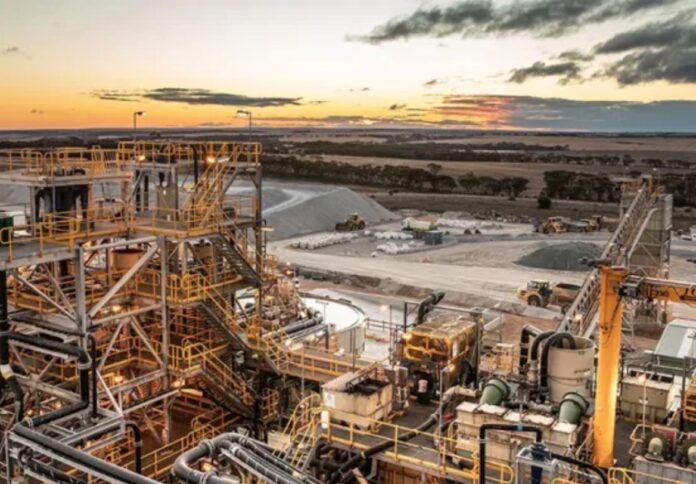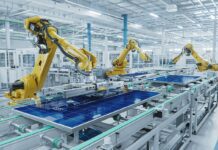
The Australian government has released the new Critical Minerals Strategy aimed at creating more jobs in the mining and manufacturing industries and backing global efforts towards achieving net zero emissions.
Minister for Resources and Northern Australia Madeleine King today announced the Critical Minerals Strategy 2023-2030, which seeks to make Australia a globally significant producer of raw and processed critical minerals and boost economic opportunities for all Australians, including First Nations people and regional communities.
The new strategy will serve as the framework to guide future government policies to maximise the national benefits of Australia’s critical minerals endowments. One of the first policy decisions under the strategy is the $500 million investment target in critical minerals projects through the Northern Australia Infrastructure Facility.
The new strategy highlights six focus areas:
- Developing strategically important projects, with targeted support;
- Attracting investment-building international partnerships to optimise trade and investment settings for priority technologies;
- First Nations engagement and benefit sharing;
- Promoting Australia as a world leader in environmental and social governance standards;
- Unlocking investment in enabling infrastructure and services; and
- Growing a skilled workforce
According to Minister King, the new strategy will highlight Australia’s potential to play a crucial role in delivering the processed minerals the world needs for a clean energy future.
“The new Critical Minerals Strategy outlines the enormous opportunity to develop the sector and new downstream industries which will support Australia’s economy and global efforts to lower emissions for decades to come,” Minister King said.
“While the potential is great, so too are the challenges. The Strategy makes it clear our natural minerals endowment provides a foot in the door, but we must do more to create Australian jobs and capitalise on this unique opportunity.”
Australia is the world’s largest producer of lithium, the third largest producer of cobalt, and the fourth in rare earths production. The country also produces significant amounts of metals such as aluminium, nickel, and copper, which are used in the production of low-emissions technology such as electric vehicles, batteries, solar panels, and wind turbines.



















